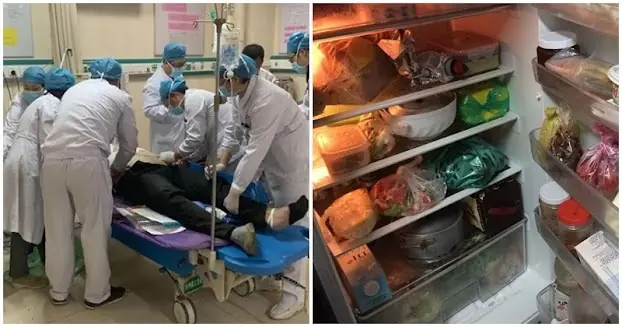
What This Oncologist Notices First in Most Cancer Patients Might Surprise You
Stress is a part of life. We all have stressful days or stressful periods. For example, a difficult meeting at work, exam period while still in school, or helping a loved one through an illness or difficult time. Generally, this stress is acute. Really big, long, stressful periods, however, can take a toll on our health. Dr. Leigh Erin Connealy of the Center for New Medicine in Irvine, California, has gained unique insights into the patterns and triggers that often precede a cancer diagnosis. The connection she has observed in her practice between her patients’ mental state and physical health reveals a prominent underlying theme – high stress. Her observations of the connection between stress and cancer come from 32 years of helping patients through their cancer journeys.
The Mind-Body Connection: Stress as a Precursor to Illness

When a patient comes in to see her, Dr. Connealy doesn’t look to only treat the patient’s cancer. Rather, her goal is to treat the patient as a whole. Through her holistic approach to treating patients, she has noted that often the one thing that precedes their diagnosis is stress. She notes that many cancer patients she has treated faced intense and prolonged stress before their illness manifested. This stress can originate from various sources, including demanding work environments, family challenges, major life changes, or emotional trauma.
Understanding the Physiological Effects of Stress

We tend to think of stress as an emotional or spiritual response to difficult times or situations. The reality is that the stress that we feel is actually a physiological and biological process that is occurring in our bodies. Stress actually refers to specific hormones cortisol, epinephrine (adrenaline), and norepinephrine (noradrenaline). A situation or period of time that we would deem ‘stressful’ triggers a series of physiological responses in the body, particularly through the activation of the hypothalamic-pituitary-adrenal (HPA) axis. These lead to elevated cortisol levels, the primary stress hormone. Prolonged stress can disrupt normal bodily functions, suppress the immune system, and promote inflammation, which can impair the body’s ability to fight abnormal cells, potentially increasing the risk of cancer development.
Stress Management: Key to Cancer Care

While you may not be able to control going through a stressful situation in life, knowing stress contributes to cancer means knowing that de-stressing can be an integral part of a treatment plan. Dr. Connealy emphasizes the importance of addressing and managing stress as a fundamental aspect of cancer care. By reducing stress levels, patients may enhance their immune function, reduce inflammation, and promote healthier cell processes. The way you integrate stress reduction in cancer treatment isn’t complicated or overly medical. She suggests practical strategies, including spending time outdoors, maintaining a balanced diet, prioritizing restful sleep, minimizing toxin exposure, and incorporating physical activity into daily routines.
Scientific Debate: Stress and Cancer Link

There is some research that suggests this link between stress and cancer that Dr. Connealy has observed in her clinic. That being said, this connection remains a source of debate in the scientific community. While there is certainly evidence that these biological factors, such as high amounts or prolonged elevation of stress hormones, have an effect on immune function, inflammation, and our overall health, more research is needed. Large-scale studies have yet to establish a direct causal relationship between stress and cancer incidence.
Early Warning Signs: Vigilance for Timely Detection

Recognizing early signs of cancer can significantly impact treatment outcomes. Individual cancers all have their own symptoms, however, there do tend to be some common themes across them all. Common symptoms include unexplained weight loss, persistent fatigue, chronic pain, skin changes, unusual bleeding, and night sweats. If you notice yourself experiencing any of these symptoms, go speak with your doctor as soon as possible. Early detection through awareness of symptoms and routine screenings plays a pivotal role in successful cancer management.
Empowering Wellness: Integrating Lifestyle Choices

What does this mean for the general population? For starters, it proves the importance of mental health and stress management for overall health and disease prevention. Health-conscious decisions, including maintaining a healthy diet, regular exercise, avoiding tobacco and excessive alcohol, and managing stress, can collectively contribute to reducing cancer risk. While stress alone may not directly cause cancer, its influence on behaviors and biological processes underscores the importance of a holistic approach to wellness and preventive healthcare. If you are finding it difficult to manage your stress on your own, speak to your healthcare provider to help you find the resources available to you to do so. Your health and your life are worth it.
News in the same category


Child Dies After Biting and Breaking a Thermometer—You Must Know What to Do When a Thermometer Breaks
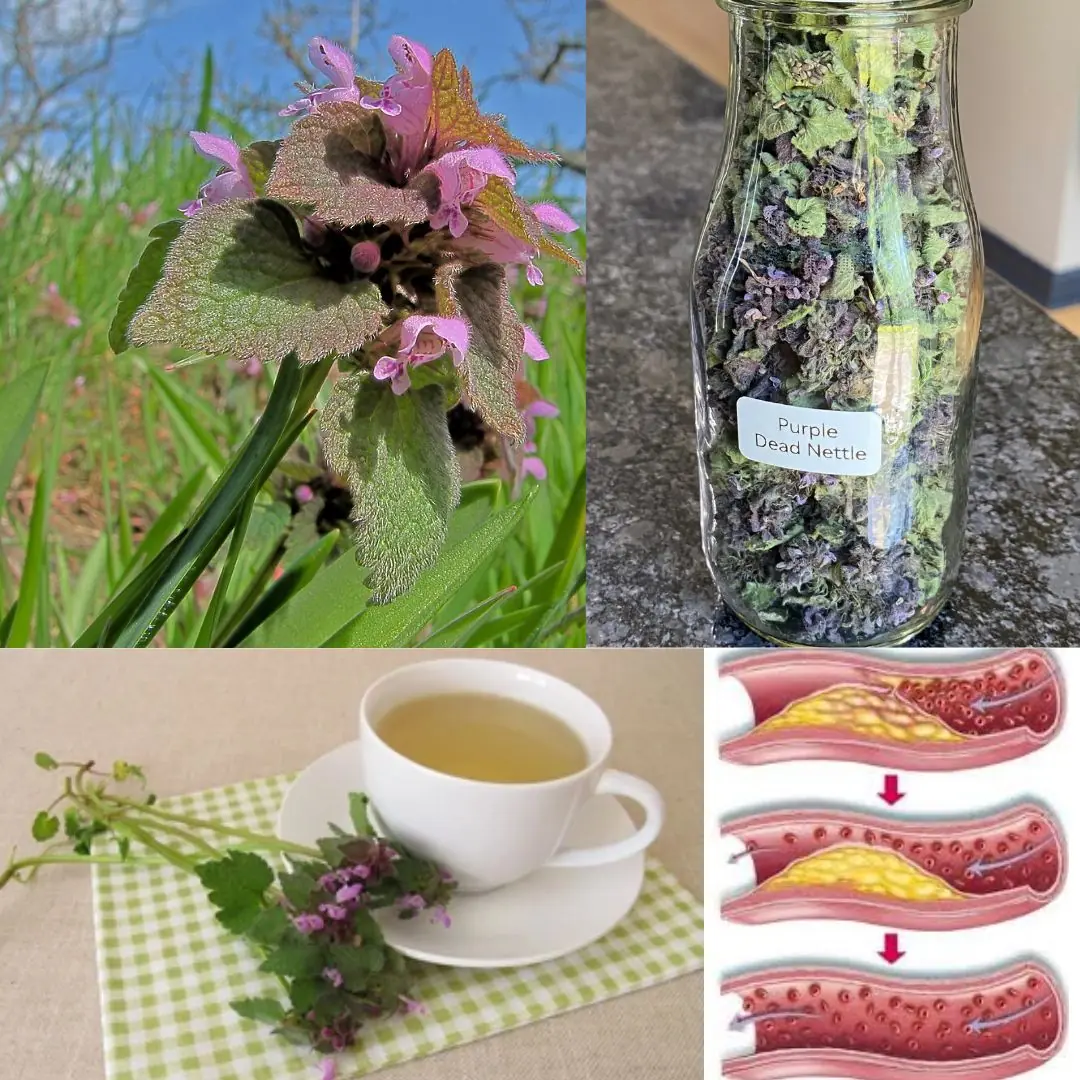
Purple Dead Nettle (Lamium purpureum): A Wild Ally for Circulation and Heart Health

After Reading This, You’ll Always Carry a Lemon with You—It Might Save Your Life Someday
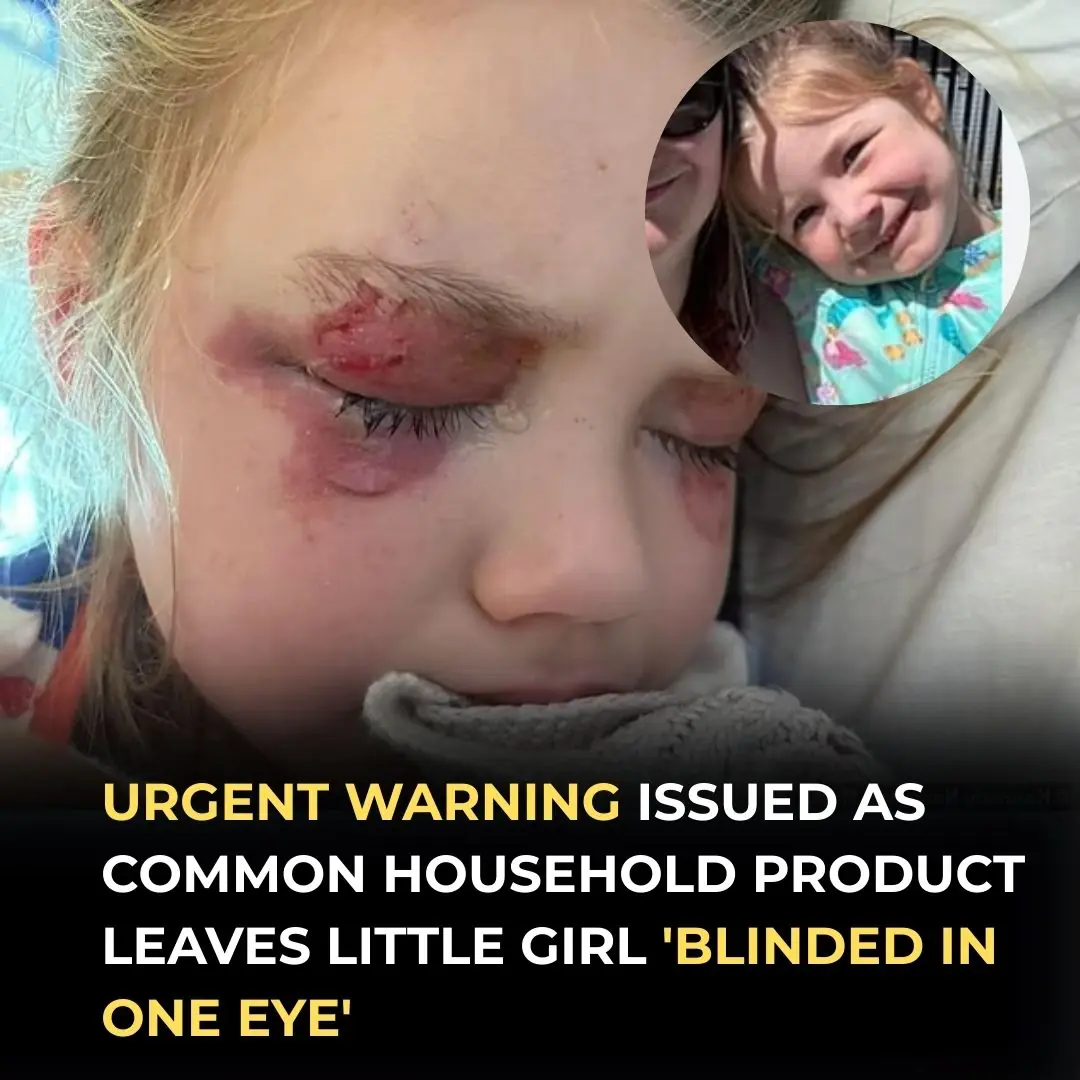
Urgent warning after girl is blinded from household product

Why you should never flush ticks in the toilet
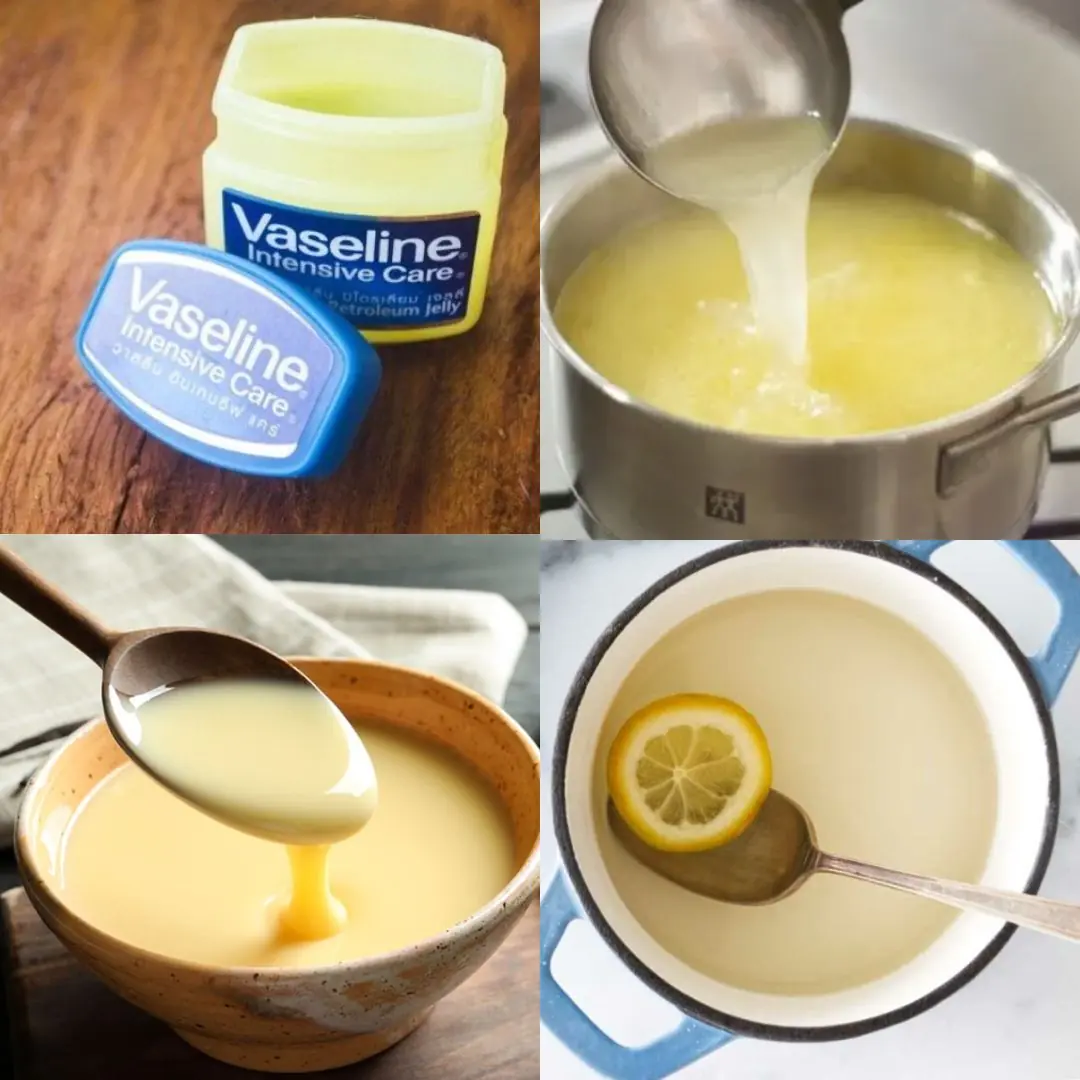
Vaseline and Lemon: An Inexpensive and Effective Skincare Remedy
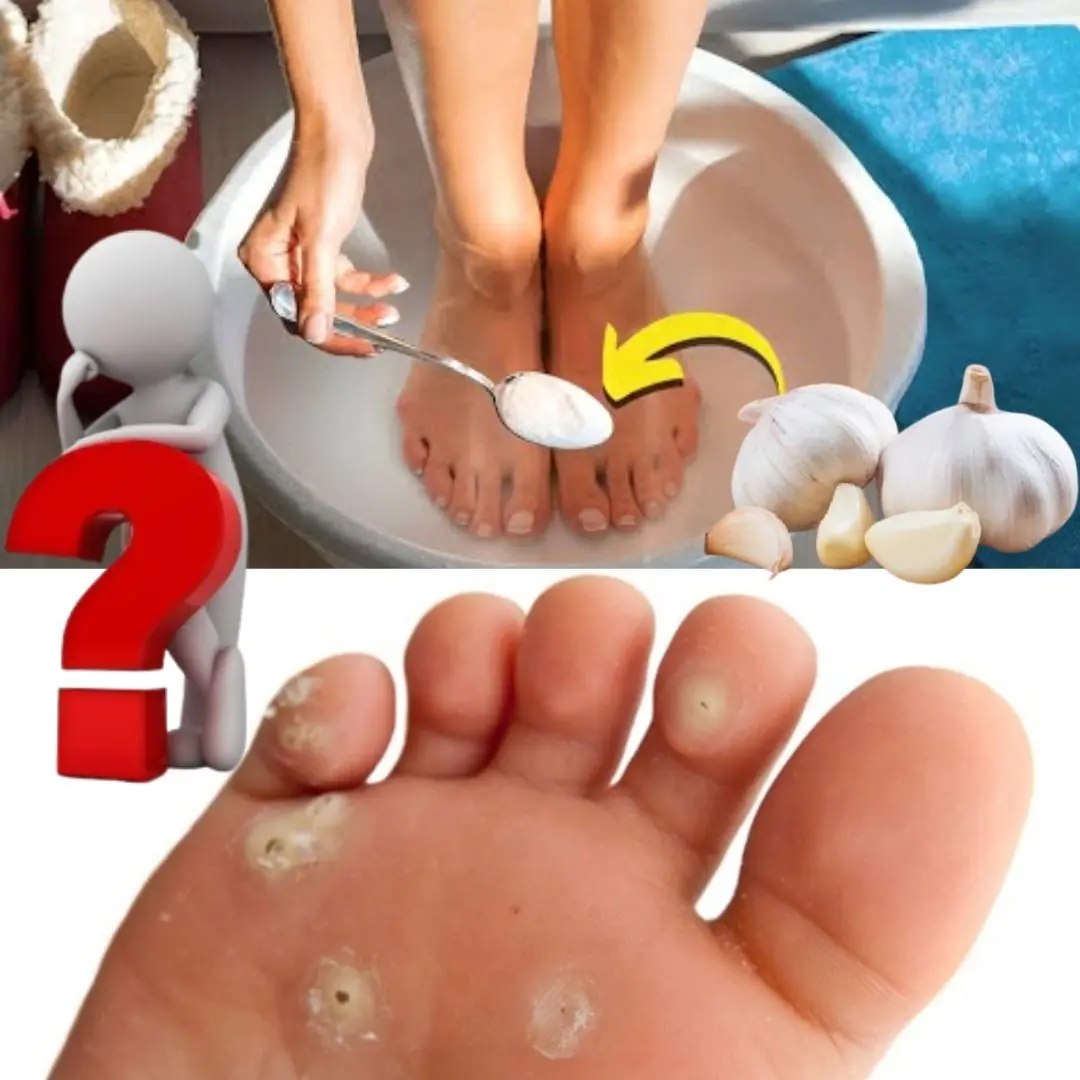
Eliminate Plantar Warts with These Natural Garlic Remedies
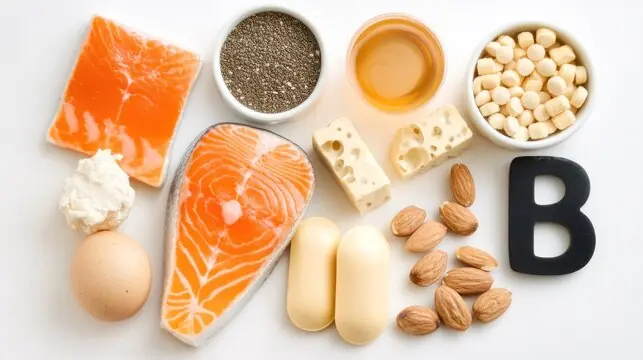
The Essential Guide to B Vitamins: Benefits, Types, and How to Get Enough
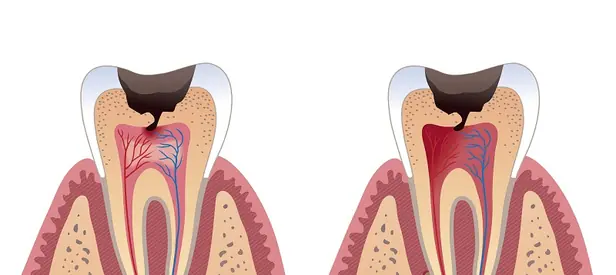
Tooth Decay: Causes, Types, and How to Prevent It
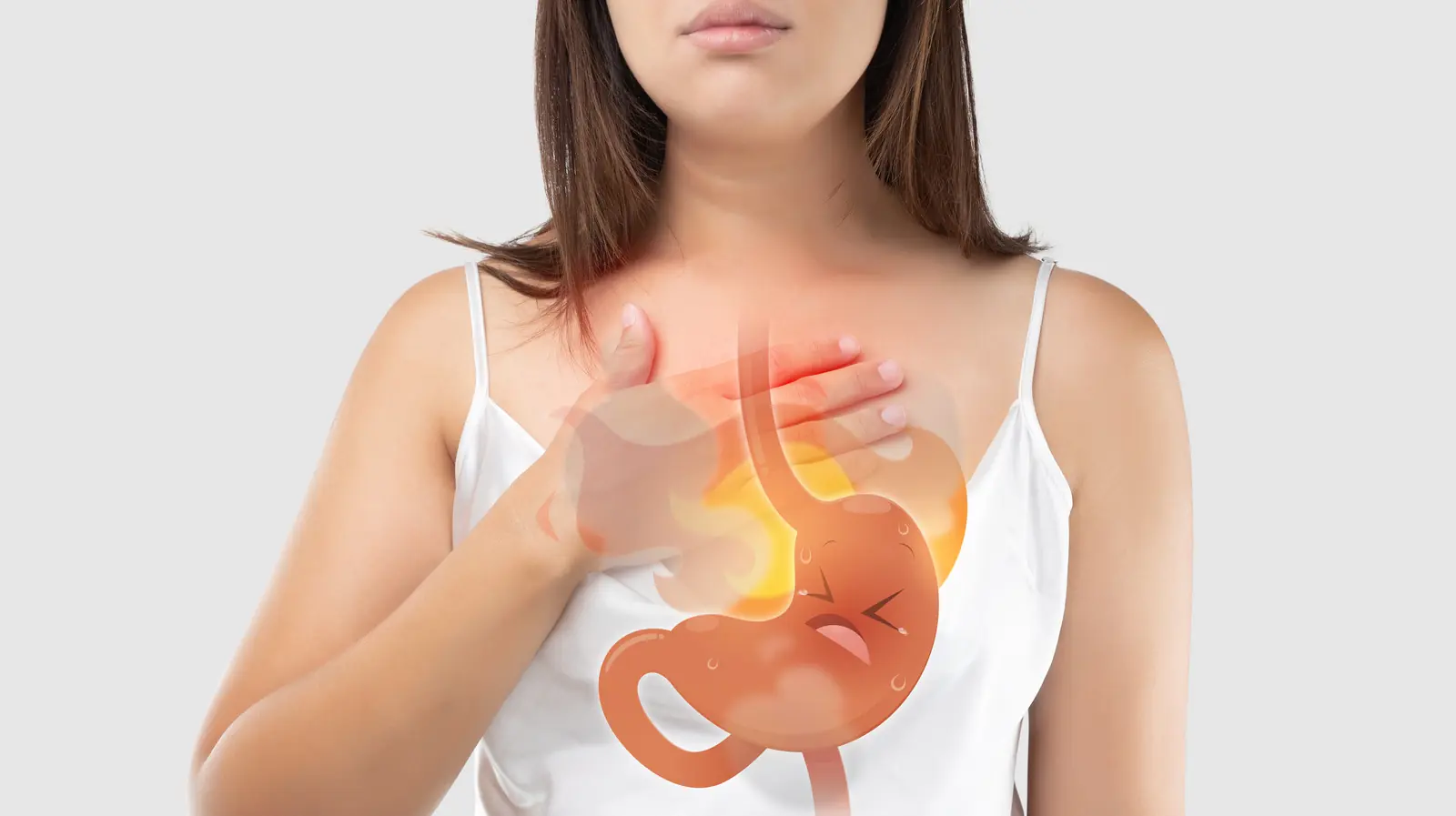
What Is Acid Reflux? Causes, Symptoms, and How to Treat It
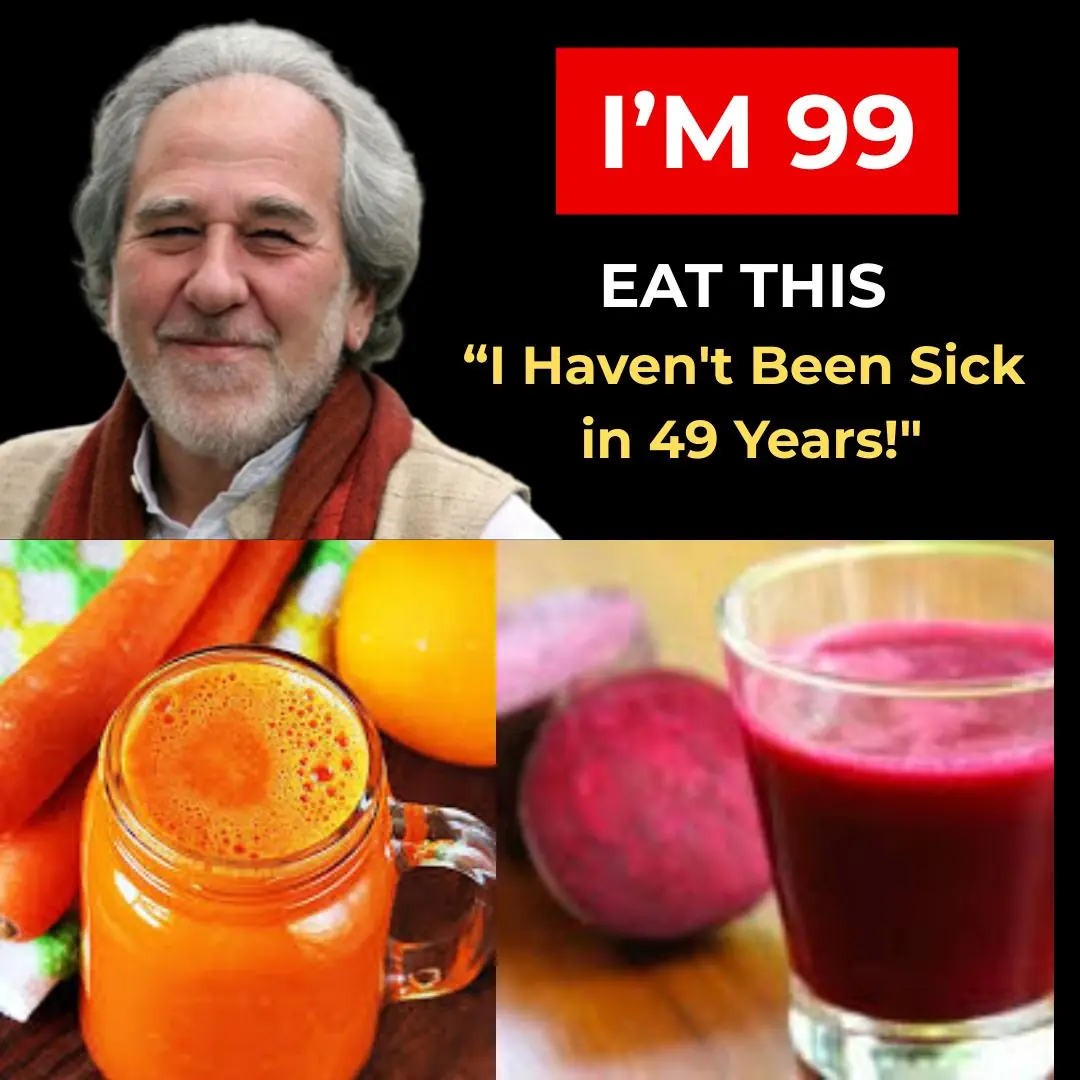
The Timeless Wisdom of Dr. Norman Walker: The Philosophy of Health and Longevity

💪 45 and Tired? This Grandpa-Approved Beetroot Drink Might Change Your Life

4 Foods You Should Never Combine with Honey Due to Toxin Risk — Many People Consume Them Without Knowing
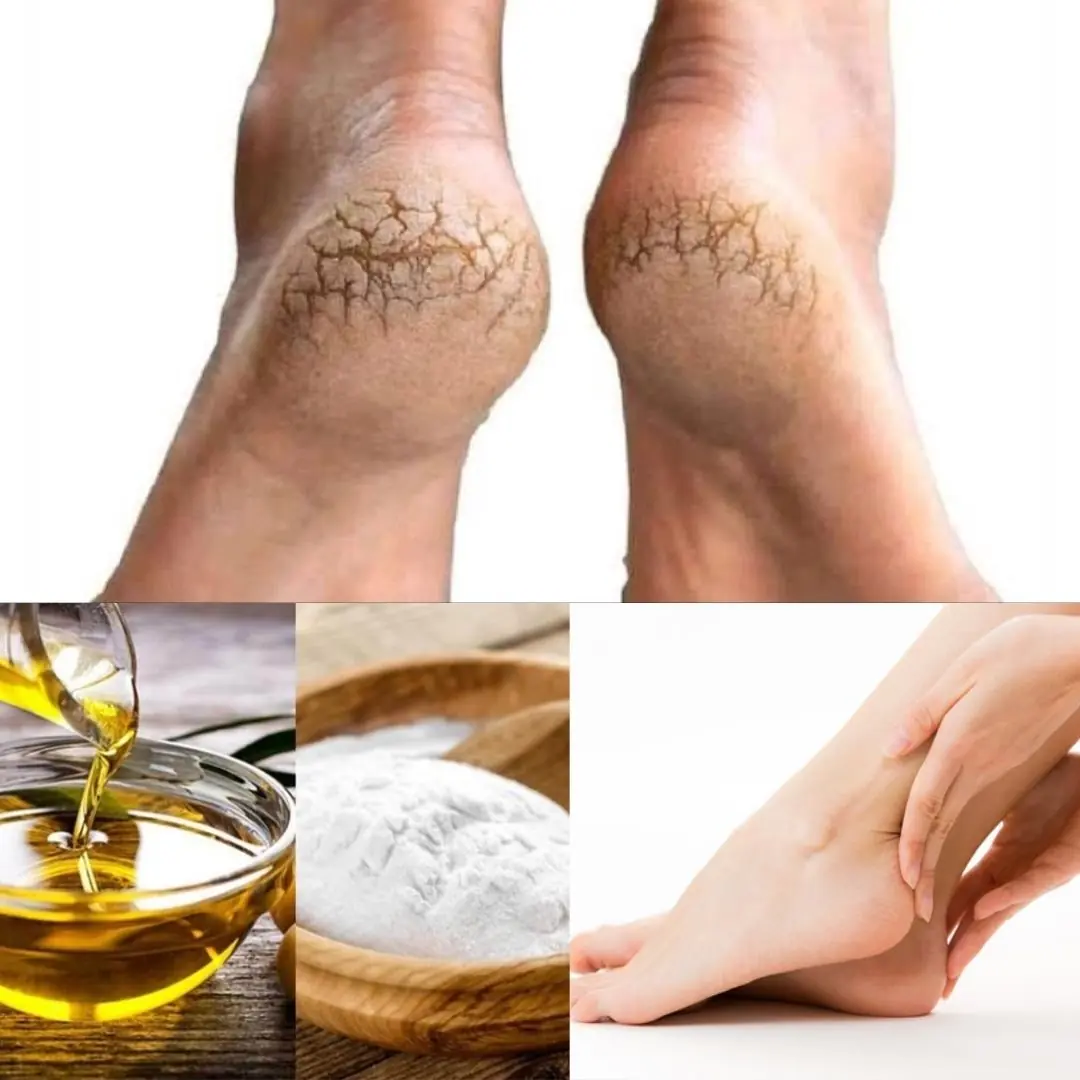
Get Baby-Soft Heels: Olive Oil and Baking Soda for Cracked Heels

Natural Remedy for Liver Cleansing: One Tablespoon Before Bed
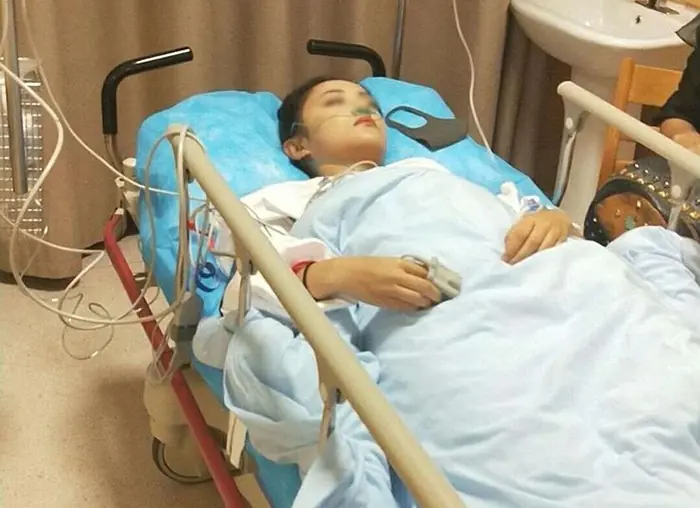
24-Year-Old Woman Suffers Stomach Perforation Due to One Common Morning Coffee Mistake

65-Year-Old Man Passes Away at Night: Doctor Warns Against 4 Types of Drinks Before Bedtime

Carrot Orange Ginger Juice: A Nutrient-Packed Powerhouse for Your Health
News Post

Eating Leftovers from the Fridge, a 50-Year-Old Man Dies: 5 Foods You Should Never Leave Overnight—If Leftover, Just Throw Them Away

Child Dies After Biting and Breaking a Thermometer—You Must Know What to Do When a Thermometer Breaks

Purple Dead Nettle (Lamium purpureum): A Wild Ally for Circulation and Heart Health

After Reading This, You’ll Always Carry a Lemon with You—It Might Save Your Life Someday

We Are Living in a Moment That No Human Before Us Has Ever Witnessed—An Actual Photograph of a Sunset on Mars

Mount Rainier’s Glacier-Capped Peak Poses Lahar Threat To Millions—Authorities On High Alert

Urgent warning after girl is blinded from household product

MY DYING NEIGHBOR CALLED ME AND ASKED ME TO VISIT HER URGENTLY – THEN GAVE ME HER SECRET WOODEN BOX

I WOKE UP TO FIND MY FLAG GONE—AND A $20 BILL ON MY DOORSTEP

I TOOK MY NEPHEW TO THE FARM TO TEACH HIM A LESSON—BUT HE ENDED UP TEACHING ME ONE

Caring for our newborn meant missing dinner—my husband didn’t save me a plate

During the funeral, a crow lands on the little girl’s coffin

Why you should never flush ticks in the toilet

Vaseline and Lemon: An Inexpensive and Effective Skincare Remedy

Eliminate Plantar Warts with These Natural Garlic Remedies

Experts Clash Over Claims Of Vast Underground City Beneath Pyramids — Discovery Sparks Global Debate
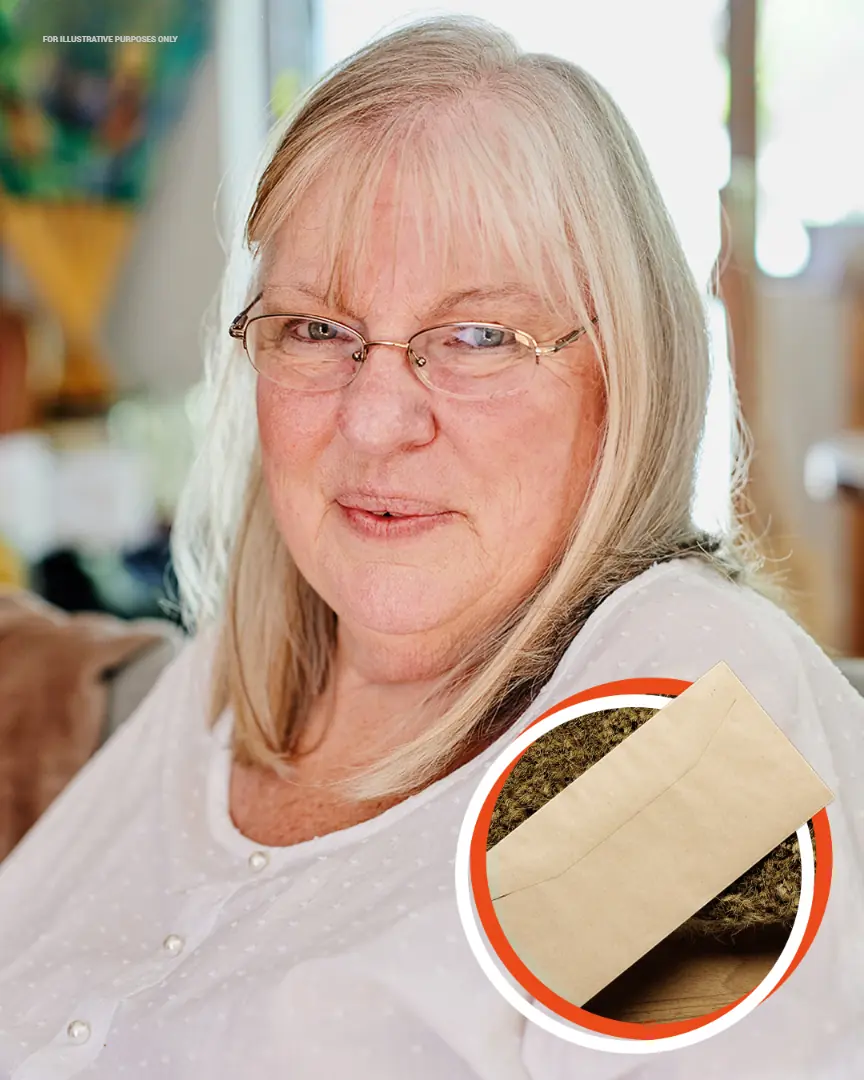
My Neighbor Tried to Kick Me out of My Own Home, Until I Found a Note That Said 'You Need to Know the Truth About Your Husband' — Story of the Day

The Essential Guide to B Vitamins: Benefits, Types, and How to Get Enough
